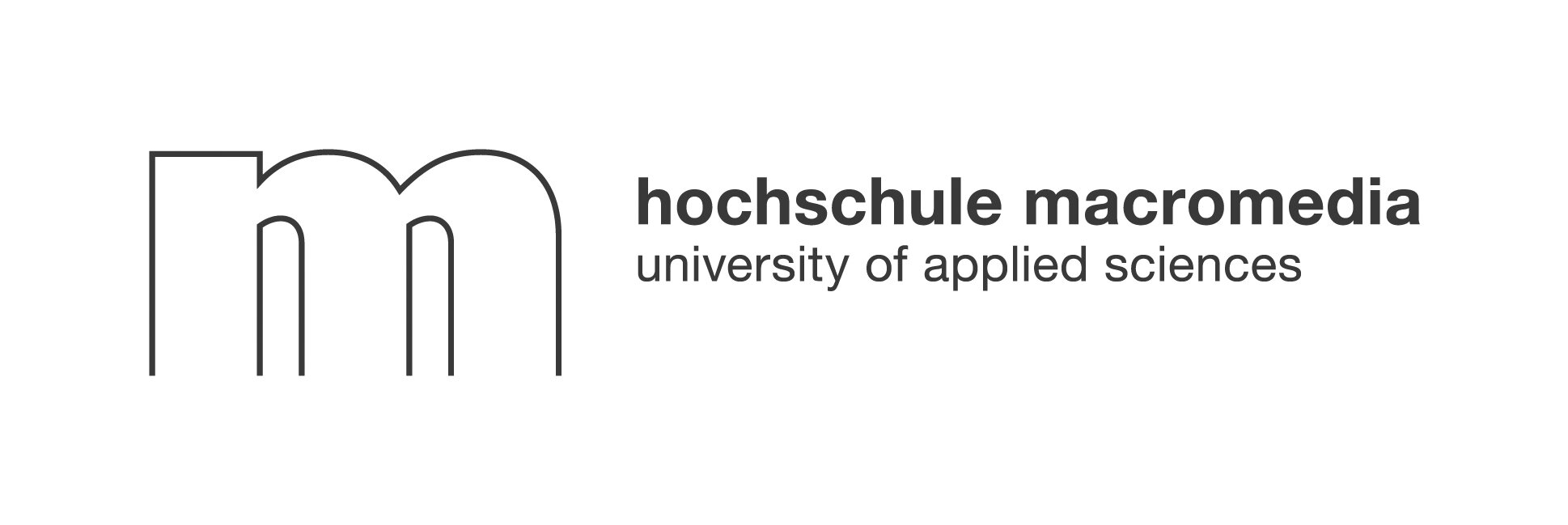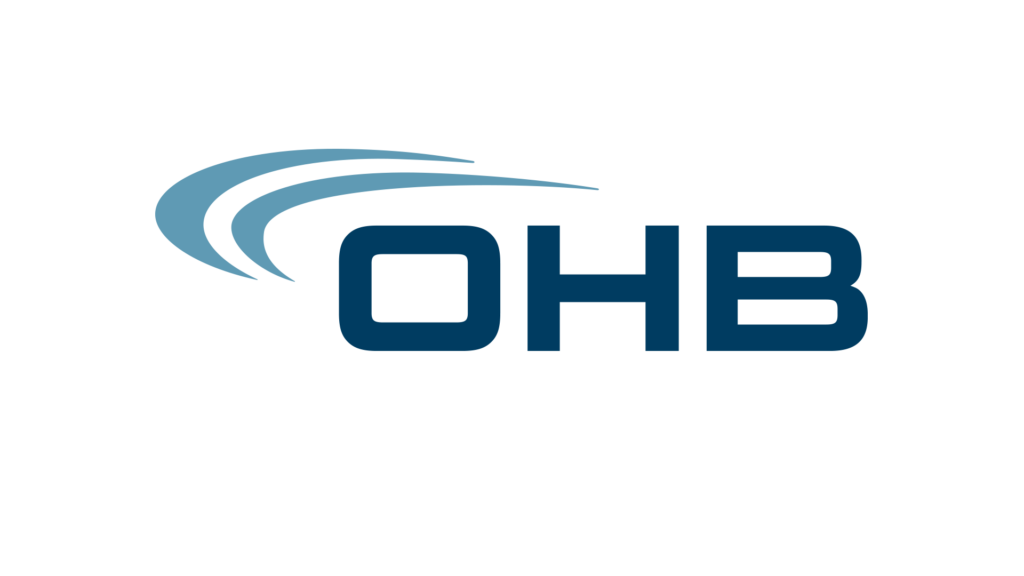Imagine walking into your office on Monday morning, opening your company app, and receiving a notification: "Based on your interests, we've found three colleagues who also enjoy morning runs. Would you like to join them this Wednesday?" This isn't some far-off vision of the future—it's the reality of AI-powered workplace engagement in 2025, and it's revolutionizing how we connect at work.
The traditional approach to workplace engagement is dying. Those mandatory team-building exercises where everyone awkwardly mingles? The virtual happy hours where half the team keeps their cameras off? They're becoming relics of the past. Today's workforce craves authentic connections that align with their personal interests and schedules—and artificial intelligence is making this possible in ways we never imagined.
As we explore the transformative potential of AI-powered workplace engagement, you'll discover why the old models are failing, how AI is creating more meaningful workplace relationships, and why companies embracing this technology are seeing dramatic improvements in employee satisfaction, retention, and productivity. The future of workplace culture isn't about forcing connections—it's about intelligently facilitating them.
The Problem with Traditional Workplace Engagement
Traditional workplace engagement initiatives often fall short for several key reasons:
- One-size-fits-all approach: Company-wide events rarely appeal to everyone, leaving many employees feeling disconnected rather than engaged.
- Scheduling conflicts: Large events are difficult to coordinate, especially in organizations with flexible work arrangements or global teams.
- Forced interactions: Mandatory team-building exercises often feel artificial and can create anxiety rather than genuine connections.
- Hybrid work challenges: With some employees in the office and others remote, creating equitable engagement opportunities has become increasingly difficult.
- Resource intensity: Traditional events require significant planning, coordination, and budget, often with minimal measurable impact.
Research from Gallup shows that despite billions spent on engagement initiatives, only 36% of employees report feeling engaged at work in 2024. This disconnect isn't just disappointing—it's costly. Disengaged employees are less productive, more likely to leave, and can negatively impact company culture.
The traditional approach to workplace engagement is fundamentally misaligned with how people naturally form meaningful connections. Humans connect most authentically through shared interests and small group interactions, not forced large-group activities.
The Rise of AI-Powered Workplace Engagement

AI-powered workplace engagement represents a fundamental shift in how organizations foster connection and community. Rather than imposing standardized activities, AI analyzes employee preferences, behaviors, and schedules to recommend personalized engagement opportunities.
This approach leverages several key technological capabilities:
- Preference analysis: AI systems can learn individual employee interests, communication styles, and activity preferences through surveys, interaction patterns, and feedback.
- Intelligent matching: Advanced algorithms can identify potential connections between employees based on shared interests, complementary skills, or development goals.
- Adaptive scheduling: AI can determine optimal timing for engagement activities by analyzing calendar availability, productivity patterns, and personal preferences.
- Personalized recommendations: Rather than generic events, AI can suggest specific activities tailored to individual interests and organizational objectives.
- Continuous improvement: Machine learning enables systems to refine recommendations based on participation and feedback, creating increasingly effective engagement opportunities.
The result is a more organic, employee-centric approach to workplace connection that respects individual preferences while fostering a stronger collective culture.
How AI Transforms Workplace Engagement in Practice
Micro-Events and Small Group Activities
Rather than large company gatherings, AI facilitates micro-events—small group activities with 3-4 participants who share common interests. These might include:
- Morning running groups matched by pace and preferred routes
- Lunch discussions around shared professional interests
- Virtual coffee chats between employees in different locations
- Skill-sharing sessions based on complementary expertise
Neroia, a leading company in this space, has pioneered an AI-driven social employee benefits platform that specializes in these micro-connections. Their system analyzes individual preferences and schedules to recommend small-group activities spanning sports, wellness, and cultural interests, creating organic connections between coworkers who might otherwise never interact.
Intelligent Activity Recommendations
AI doesn't just match people—it suggests activities most likely to foster meaningful connection:
| Activity Type | Benefits | Example AI Recommendation |
|---|---|---|
| Physical | Improves health, reduces stress | Three colleagues in your department enjoy cycling. Would you like to join them for a Saturday morning ride? |
| Learning | Develops skills, stimulates growth | Based on your interest in data visualization, we've found two team members working on similar projects. Connect for a lunch & learn? |
| Cultural | Broadens perspectives, builds empathy | A small group is visiting the new exhibit at the city museum this weekend. Would you like to join? |
| Wellness | Supports mental health, prevents burnout | Four colleagues practice meditation on Thursdays. Join their virtual session tomorrow? |
Hybrid-Friendly Engagement
AI-powered workplace engagement is particularly valuable in hybrid and remote work environments:
- Location-aware recommendations: Activities can be suggested based on who will be in the office on specific days
- Virtual-physical balance: AI can recommend a mix of in-person and virtual activities to ensure all employees feel included
- Time zone optimization: For global teams, AI can identify overlapping availability across different time zones
- Connection tracking: Systems can identify employees who may be experiencing isolation and proactively suggest connection opportunities
The Impact of AI-Powered Workplace Engagement
Organizations implementing AI-powered workplace engagement are seeing significant benefits:
Enhanced Employee Well-being
Small, interest-based connections help combat workplace isolation and build support networks. A 2024 study by the Workplace Mental Health Institute found that employees who participated in AI-matched small group activities reported 42% lower rates of workplace loneliness compared to those who didn't.
Improved Retention
When employees form authentic connections at work, they're more likely to stay. Companies using AI-powered engagement solutions report 37% higher retention rates among participants versus non-participants.
Stronger Cross-Functional Collaboration
By connecting employees across departments based on shared interests rather than job functions, AI-powered engagement breaks down silos and fosters innovation. These cross-functional relationships often lead to improved collaboration on work projects.
More Inclusive Culture
Traditional engagement activities often unintentionally exclude certain groups. AI can ensure recommendations are inclusive and accessible to all employees, regardless of location, schedule constraints, or personal preferences.
Measurable ROI
Unlike traditional engagement initiatives, AI-powered approaches generate rich data on participation, satisfaction, and impact. This allows organizations to continuously refine their strategies and demonstrate clear return on investment.
Neroia: Pioneering AI-Powered Workplace Engagement
Neroia stands at the forefront of this revolution with its social employee benefits platform designed specifically to enhance workplace culture and boost employee engagement. Unlike traditional benefits programs that focus on individual perks, Neroia's platform uses AI to foster organic connections between coworkers through small-group activities tailored to individual interests and schedules.
What makes our approach unique is that we're not just providing another HR tool—we're creating a framework for authentic human connection. Our AI doesn't replace human interaction; it facilitates it in the most natural way possible.
The platform works by analyzing anonymized data about employee interests, schedules, and past participation to recommend activities that are likely to create meaningful connections. These might include:
- Morning yoga sessions with colleagues who share similar fitness goals
- Lunch discussions around shared professional interests
- Weekend hiking groups based on experience level and location
- Cultural outings matched to specific interests and availability
What sets Neroia apart is its focus on minimizing planning friction while encouraging authentic, informal interactions. The platform handles all logistics, from finding the right people to scheduling and reminders, making it effortless for employees to connect.
The Future of AI-Powered Workplace Engagement

As we look ahead, several trends are emerging in AI-powered workplace engagement:
Predictive Engagement
Future AI systems will anticipate engagement needs before they arise, identifying potential disconnection and proactively suggesting interventions.
Wellness Integration
AI-powered engagement will increasingly focus on holistic well-being, recommending activities that support physical, mental, and emotional health.
Skills Development Through Connection
Engagement platforms will identify opportunities for peer learning and mentorship based on complementary skills and development goals.
Cross-Organizational Networking
Some platforms are beginning to facilitate connections across organizational boundaries, creating industry communities of practice.
Measurement Evolution
Analytics will move beyond participation metrics to measure the quality and impact of connections on business outcomes.
Implementing AI-Powered Workplace Engagement
For organizations looking to implement AI-powered workplace engagement, consider these key steps:
- Start with employee input: Survey your workforce about their interests, preferences, and barriers to connection
- Choose the right platform: Select a solution like Neroia that prioritizes employee-centricity and privacy
- Communicate clearly: Be transparent about how AI will be used and how employee data will be protected
- Start small: Begin with pilot groups to demonstrate value and gather feedback
- Measure and refine: Track participation, satisfaction, and business impacts to continuously improve your approach
Neroia offers a flexible and adaptable solution that integrates with existing programs and external resources, making it easy for organizations to implement regardless of their current engagement strategies.
Conclusion
AI-powered workplace engagement represents a fundamental shift in how organizations foster connection and community. By leveraging artificial intelligence to facilitate authentic, interest-based interactions, companies can create more vibrant, inclusive cultures where employees genuinely want to engage.
As the workplace continues to evolve, the organizations that thrive will be those that embrace this new paradigm—moving away from forced, one-size-fits-all approaches toward intelligent, personalized connection opportunities. The future of workplace engagement isn't about more events or bigger budgets; it's about smarter, more human-centered approaches enabled by AI.
Neroia's innovative platform exemplifies this future—using technology not to replace human connection but to enhance it in ways that respect individual preferences while strengthening collective culture. By fostering these organic connections, organizations can build workplaces where employees don't just show up—they truly belong.




